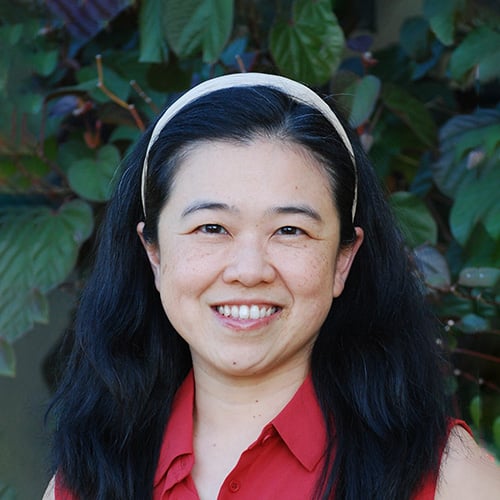
Linda Wijaya
Postdoctoral Researcher
BSc PhD
linda.wijaya@thekids.org.au
+61 8 6319 1024
Dr. Linda Wijaya is a postdoctoral researcher at The Kids Research Institute Australia. She completed her PhD in Biomedical Science from Murdoch University in 2020. With over 18 years of experience in basic biology research and clinical trials, she has developed a broad range of expertise, mainly in biochemistry, cellular and molecular biology, and neuroimmunology.
Dr. Wijaya joined The Kids Cancer Centre in 2021. Her research interest is in neuroblastoma, a devastating cancer of immature nerve cells in children. Her work focuses on finding novel immunotherapy targets and developing new and safer treatment strategies for neuroblastoma.
Find Dr Wijaya on Google Scholar and ORCID.
Education and Qualifications
- 2020: PhD in Biomedical Sciences – Murdoch University, Australia
- 2006: BSc (Hons) in Developmental Biology – Bandung Institute of Technology, Indonesia
Awards/Honours
- 2018: The IASP Pain Conference Financial Aid Awards
- 2017: The Graduate Women WA Open Scholarship Award
- 2016: Murdoch University Conference Travel Awards
- 2014: Australian Postgraduate Award and Murdoch University Research Excellence Award
- 2009: The Alzheimer’s Disease Conference Travel Fellowship
Active Collaborations
- Prof Alistair Forrest – Harry Perkins Institute of Medical Research
- Tumour Bank, Children's Cancer Research Unit, the Westmead Children’s Hospital
- Nanostring Centre of Excellence in Spatial Biology, Griffith University Gold Coast Campus
Projects
Developing new immune based therapies for neuroblastoma
Neuroblastoma is a complex childhood cancer of the nerve cells and the most common solid tumour in children outside of the brain. The average age of diagnosis is 1-2 years and tragically 50% of children with high-risk neuroblastoma lose their battle within five years.
Published research
Intravenous Iron-Induced Hypophosphatemia in Surgical Patients
This study explores the incidence of preoperative hypophosphatemia and whether hypophosphatemia may have affected patient or trial outcomes for those who received ferric carboxymaltose
Inflammation induces α1-adrenoceptor expression in peripheral blood mononuclear cells of patients with complex regional pain syndrome
Persistent regional and systemic inflammation may promote pain and hyperalgesia in complex regional pain syndrome. In this study, we investigated whether stimulation of α1-adrenoceptors on peripheral blood mononuclear cells might contribute to this inflammatory state.
Stimulation of alpha-1 adrenoceptors may intensify cutaneous inflammation in complex regional pain syndrome
Alpha-1 adrenoceptors are overexpressed in the epidermis of a subgroup of patients with complex regional pain syndrome. Activating α 1 -adrenoceptors in epidermal cells increases production of the proinflammatory cytokine interleukin-6, a mediator of inflammation.
